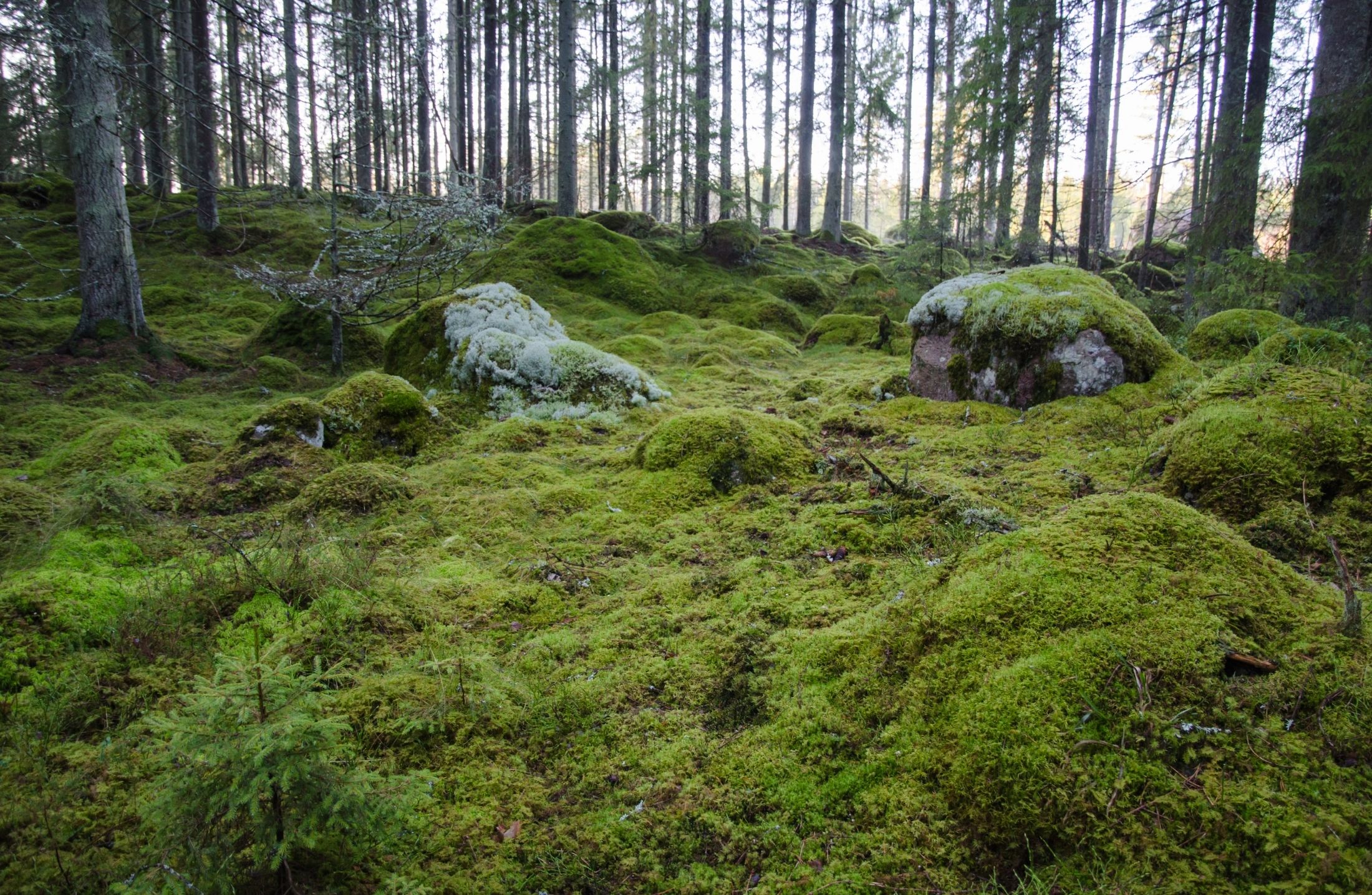When Spiritual "Rules" Matter – and When They Don't

When Spiritual "Rules" Matter – and When They Don't
In the world of personal spiritual growth, there’s been a much-needed shift away from rigid, oppressive rules.
People are reclaiming their agency. They’re building practices that reflect who they are, not who they were told to be. They’re learning to trust themselves over rigid external structures.
This is good work.
But there's also a risk.
Because while many spiritual rules were built out of fear, control, or performance–some structures, some traditions, some practices–carry weight that isn't just personal.
Some practices aren't meant to be rewritten at will.
Some lineages aren't just "tools" for self-development.
They are living, breathing inheritances–rooted in histories of survival, resilience, and communal meaning.
The real work isn't about rejecting all rules or blindly following them. It’s about learning how to discern which is which.
When Rules Are Meant to Be Flexible
In personal spiritual practices–like tarot, intuition development, purpose work, energy practices– the primary relationship is between you and your unfolding life.
In these spaces:
- Structure is there to support, not control.
- Ritual is there to deepen connection, not to create hierarchy.
- Practices are meant to evolve with your real, messy, human experience.
In these spaces, the "rules" should bend to serve your relationship, your growth, your integrity.
When Rules Are Holding Something Bigger Than You
But not all spiritual practices are personal playgrounds.
Some practices are lineage-based. They carry ancestral memory, cultural preservation, sacred responsibility.
They exist because communities–often marginalized, colonized, endangered–protected them at great cost.
In these spaces, the "rules" aren't about personal expression. They’re about honoring the community, the ancestors, the historical struggle that made the practice possible.
Examples include:
- Indigenous ceremonies and earth-based traditions
- Afro-diasporic spiritual practices (e.g., Ifá, Vodou, Hoodoo)
- Lineage-based yoga traditions
- Traditional Western ceremonial magic orders
- Certain forms of ancestral veneration across cultures
In these spaces:
- Practices aren’t freely customizable.
- Knowledge is often transmitted through relationships, not random access.
- Rituals aren’t just preference–they are preservation.
This is sacred responsibility, not spiritual consumerism.
Why This Distinction Matters
In an era of global access to teachings, it’s easy to unconsciously slide into "everything is mine to remix" thinking.
But spiritual practices tied to ancestral, cultural, or communal roots deserve more than remixing.
They deserve:
- Reverence
- Permission
- Relationship
- Responsibility
It’s not about guilt or gatekeeping. It’s about being conscious:
Is this practice designed for individual exploration–or am I stepping into something that belongs to a people, a history, a living lineage?
When you know the difference, you can show up differently.
How to Know If the "Rules" Matter
Ask yourself:
- Am I engaging with a practice that originated for individual, evolving use? (Tarot, personal intuitive practices, self-generated rituals)
→ Flexibility is appropriate. - Or am I engaging with a practice that carries ancestral, communal, or sacred lineage ties? (Traditional Indigenous ceremonies, Afro-Caribbean religions, transmitted sacred orders)
→ Relationship, reverence, and right stewardship are essential.
If it's personal practice:
- Let structure serve you–not control you.
If it’s lineage practice:
- Let humility guide you–not entitlement.
You don't have to reject structure to reclaim agency. And you don't have to surrender agency to honor sacred traditions.
Spiritual maturity is learning when to bend and when to bow. When to rewrite the story, and when to listen for the stories that came long before you.
Not everything is yours to change
AND
not everything must stay frozen.
The real wisdom is in knowing which is which–and having the courage to act accordingly.
If you’re looking for support in building a personal spiritual practice–one rooted in real life, real growth, and your own evolving connection–I created the Spiritual Practice Toolkit for exactly that.
It’s not about following rigid rules. It’s about helping you craft a practice that supports you—your energy, your values, your unfolding life.
You'll find tools, practices, and reflections you can adapt and make your own. If that sounds like something you need, you can learn more here.


